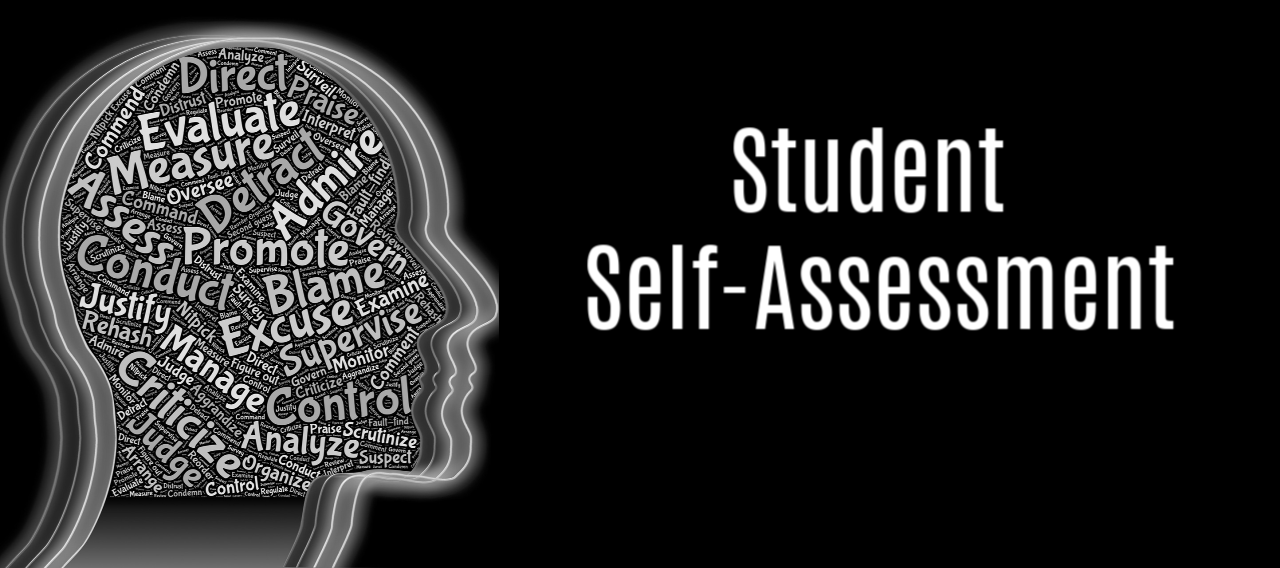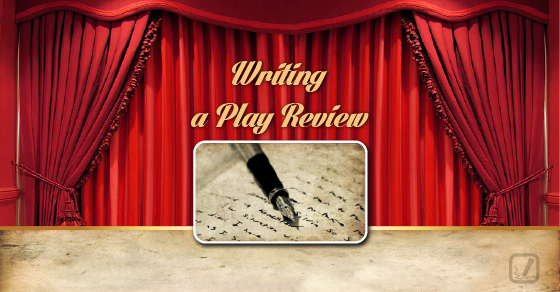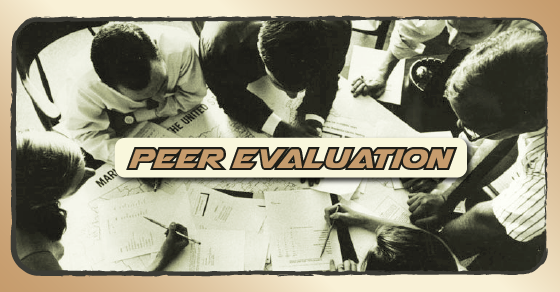Student Self Assessment
Not only is it important for students to reflect on and evaluate the work of others, they also need to build self evaluation skills. But self assessment can be tricky. It takes a lot of practice to evaluate one’s own performance. You have to divide personal feelings from critical thinking. That’s hard for even adults to do!
How do we move a student beyond saying I was good or I sucked when evaluating their work? How do we encourage students to apply critical thinking skills to their own acting?
Ask questions
Self assessment should remain in the realm of analysis rather than emotions. Instead of generalizing with a How did you feel? type question, ask specific questions:
- Did you effectively use class time to rehearse? Give some examples.
- Did you rehearse out of class time? Why or why not?
- Was the rehearsal time sufficient to prepare your scene? Why or why not?
- Describe what it was like to work with your group. Did you get along with them? Why or why not?
- How prepared were you for each rehearsal? Give examples. (Eg: I learned my lines before rehearsal; I always had a pencil to record blocking; I arrived at class on time.)
- In what ways did you participate during rehearsals? Give examples. (Eg: I had ideas for blocking; I was enthusiastic during rehearsals; I stayed on task.)
A rubric is easy to follow with this type of self assessment. The more specific and detailed the answer, the higher the mark.
Divide the rehearsal and performance experience
In the classroom, a performance is only one piece of the puzzle. Instead of a general How did you feel, you may wish to divide up student response between rehearsal and performance. Ask students to describe their rehearsal experience:
- Describe how you participated during the rehearsal process.
- Describe how you listened to others in your group during rehearsals.
- Describe your attitude toward the assignment during rehearsals.
- Describe how you took any criticism during rehearsals.
- Describe how you gave criticism during rehearsals.
You’ll be able to get a good sense of how much a student was an active member of their group through this type of self assessment.
And then ask students to describe their performance experience:
- Describe what it was like to perform your scene. Did you feel prepared? Did you feel nervous?
- Describe the audience response to your acting. Were you surprised? Did the responses happen as expected?
- Describe what worked well for you during the performance.
- Describe what you wish went differently during the performance.
Reflection
If you ask students to reflect on the experience as a whole, have them identify what worked during the process and what they would change for future assignments. Get them to focus on technique: how have they improved their acting skills or where do they need to improve? Stay away from what they liked or didn’t like. Emotional thinking can lead to students feeling badly about themselves instead of thinking critically their acting. Stay in the realm of what worked and what didn’t work. If students can identify something that they can improve upon or that they’d like to change, you can use this as an assessment tool later on. Did they actually attempt to change or improve that aspect in a different scene?
How detailed should this assessment be?
It depends on the age of the student. You can do a checklist where students grade themselves based off of statements. You can do informal journal entries or something more formal. The point of the self assessment is that students learn to look back at what they’ve done and apply this knowledge to future work.



